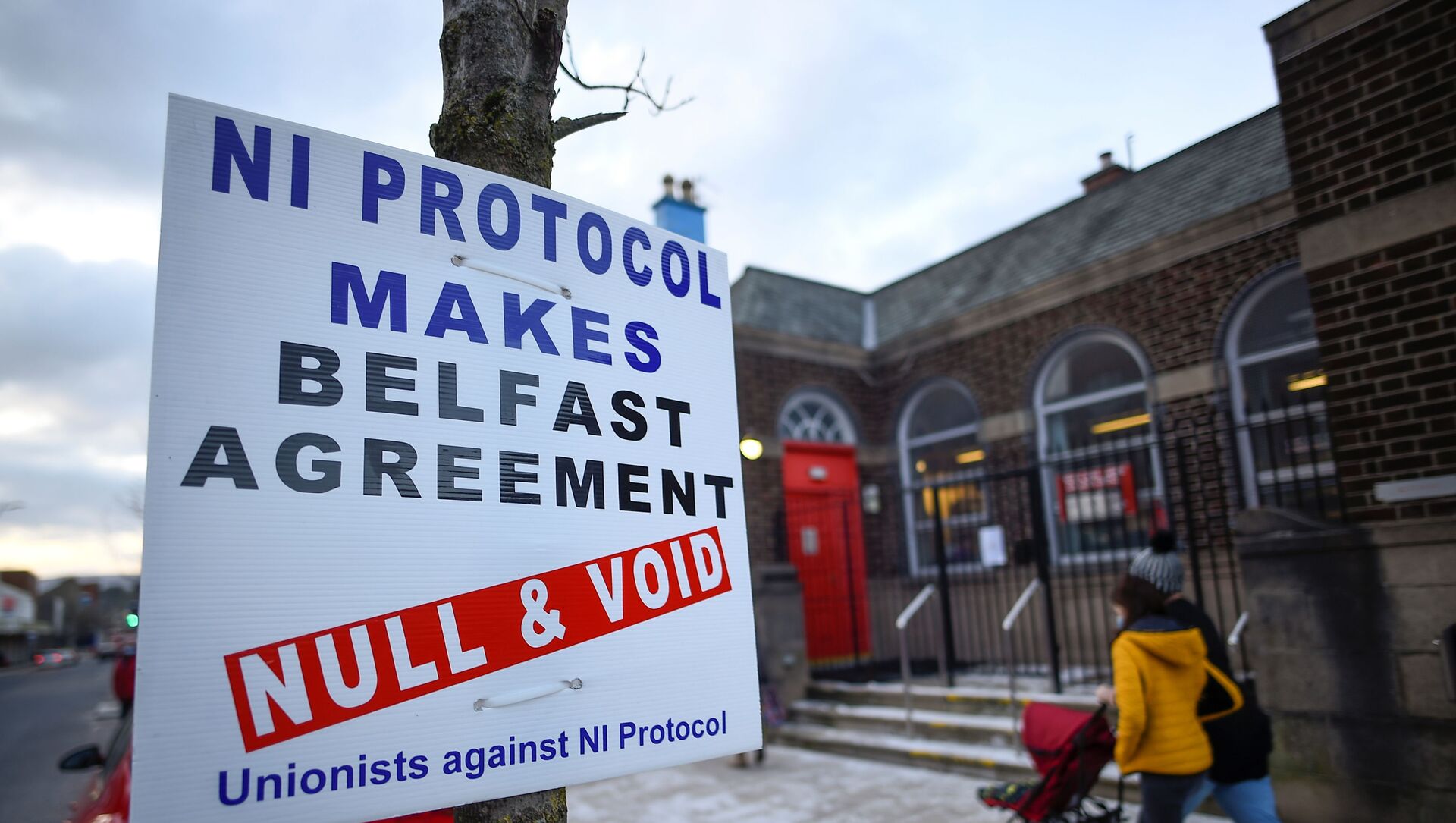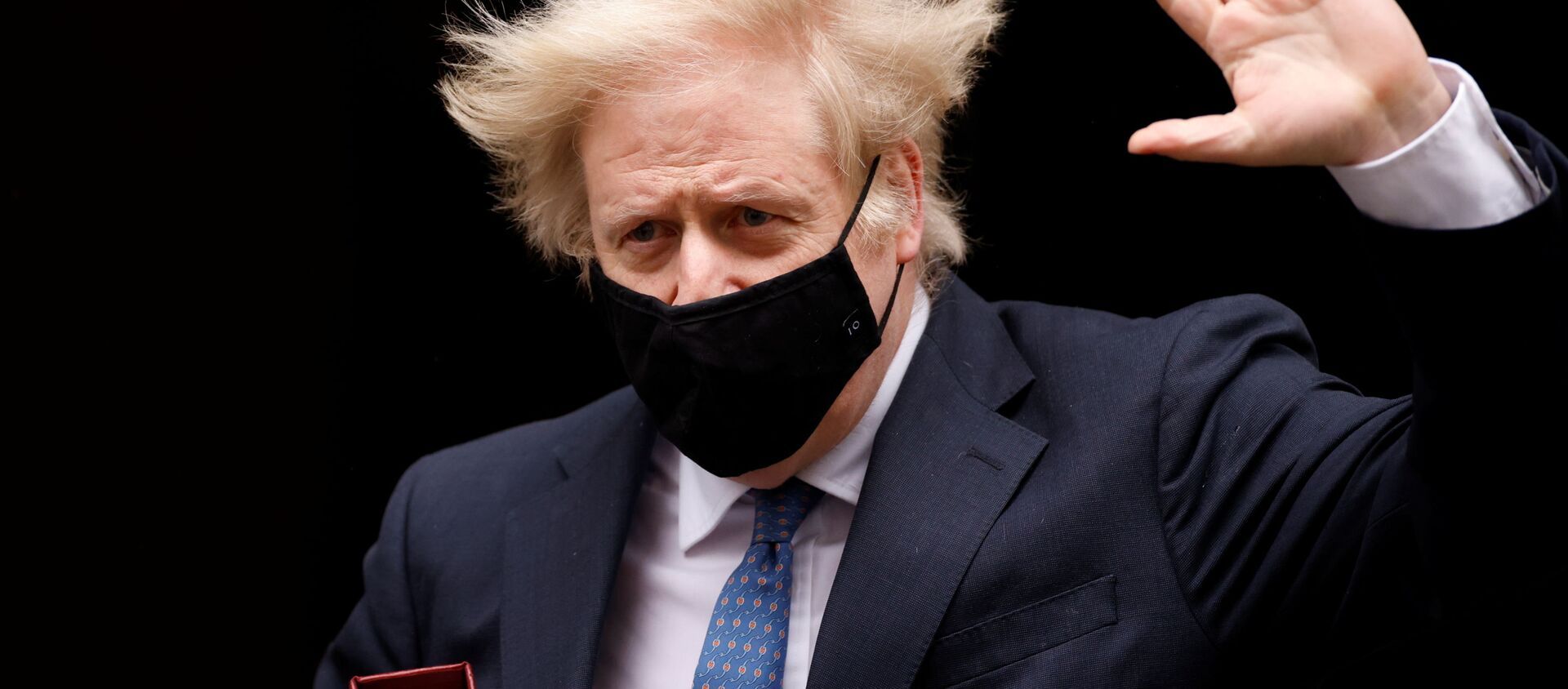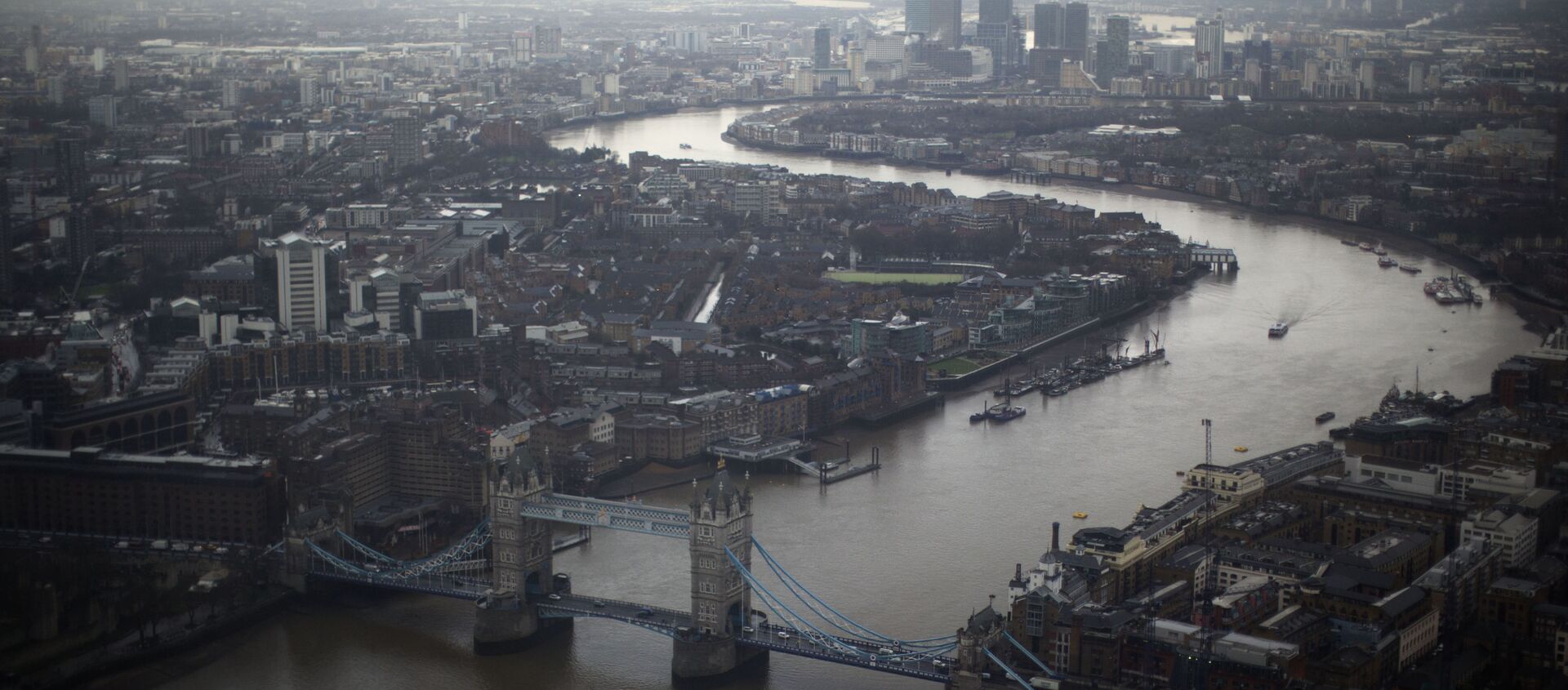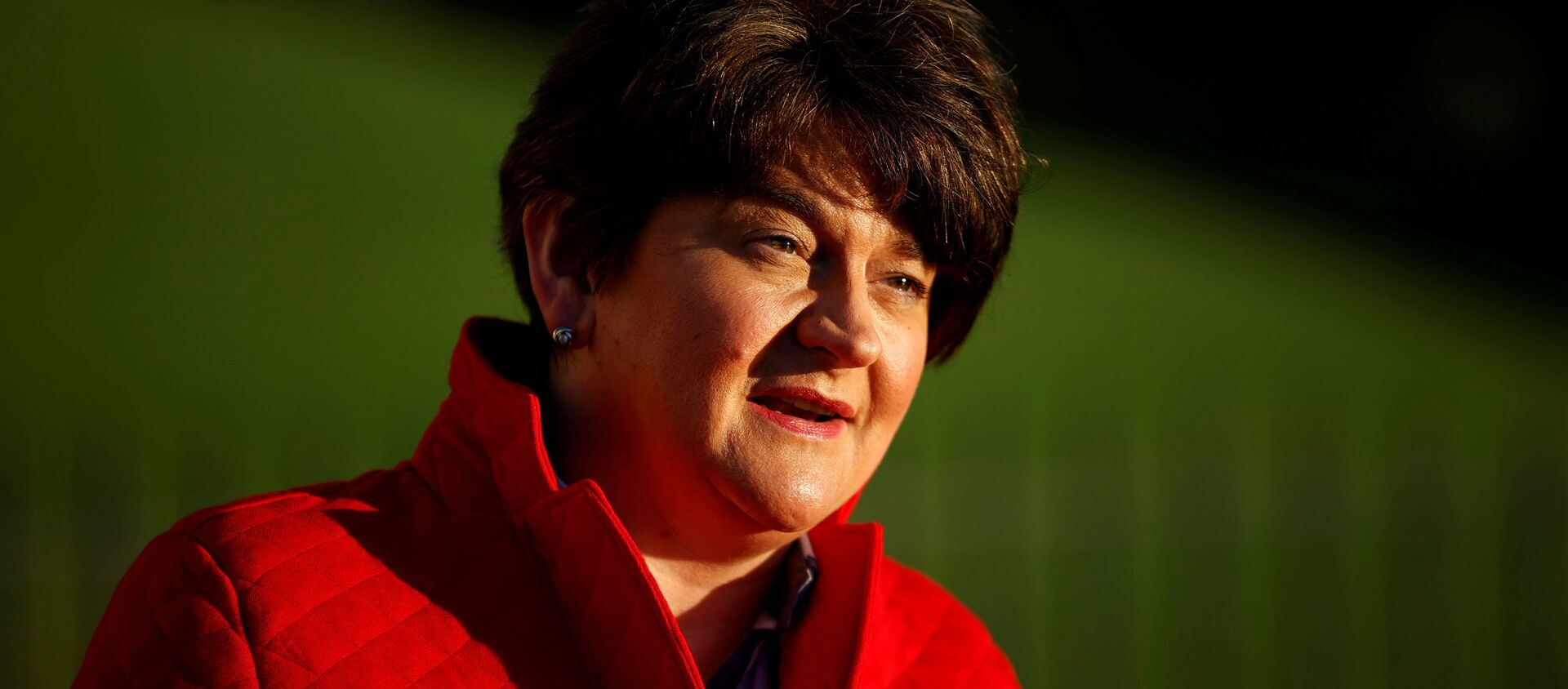The European Commission has filed legal proceedings against the United Kingdom due to alleged violations of the Northern Ireland border protocol in the Brexit agreement, sending relations to new lows, FT reported.
The process could see London sent to the European Court of Justice (ECJ) and face potential trade sanctions over the Government's decision to unilaterally reduce the impact of tariffs for Northern Irish firms, the report said.
According to an EU official cited in the report, London's measures were a "violation of international law" and an "enormous problem".
The news comes after Downing Street proposed extending grace periods for conditions set to enter force in Northern Ireland, known as the Irish backstop, in a bid to prevent a hard border on the Irish island.
“They are actively telling stakeholders not to apply an international agreement,” the EU official said.
The news comes amid complaints from Brussels, who said the unilateral UK measures would cause concerns with EU trade regulations with other nations, adding Britain had not provided an outline on border enforcement plans.
“The UK must stop acting unilaterally and stop violating the rules it has signed up to,” said the EU official.
The official also said headaches for businesses were a “direct consequences of choices made by UK government”, speaking on Britain's failure to join the EU's common veterinary area and others.
London said it had not received the notice from the Commission, adding its measures were "temporary to avoid disruption in Northern Ireland" and it would remain committed to protecting the Good Friday agreement.
Should the UK refuse to comply with decisions, EU officials could launch arbitration processes, causing British goods to skyrocket due to tariffs, the report added.
Both sides should tackle the ongoing situation as "sovereign equals", a Prime Minister spokesman said.
The UK initially said it would extend the measures to 2023, but the proposal was rejected by Brussels as the first grace period is set to expire at the end of March, according to reports. The row has soured ties with Northern Irish paramilitary groups, who said they would withdraw support for the Good Friday Agreement.






